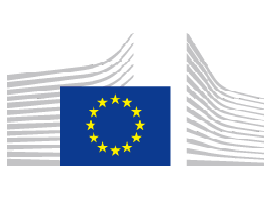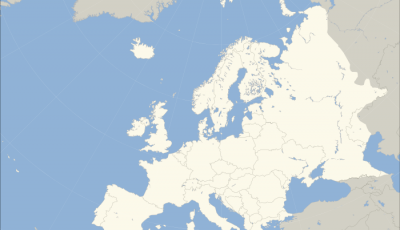EU lawmakers to put temporary brake on blockchain regulation plans
 A European Union committee has agreed that for the moment the EU should rein in plans to regulate blockchain, reported Reuters.
A European Union committee has agreed that for the moment the EU should rein in plans to regulate blockchain, reported Reuters.
“We don’t want pre-emptive regulation, but we do want precautionary monitoring,” said Jakob Von Weizsäcker, a German center-left member of the European Parliament, to the news agency.
It was Von Weizsäcker’s report on virtual currencies and blockchain that the parliament’s Committee on Economic and Monetary Affairs voted Tuesday morning to adopt in a near-unanimous vote (54 to one with two abstentions).
The European Digital Currency & Blockchain Technology Forum (EDCAB) – a new Brussels-based public policy platform – said in a blog post that the vote paves the way for a vote of the full parliament at a plenary meeting in May. EDCAB said the vote comes as the European Commission mulls measures to place digital currency exchanges under the scope of the existing Anti-Money Laundering Directive, which EDCAB said is in need of an update.
The blog said Weizsäcker’s report proposes the formation of a task force, overseen by the Commission, to regulate digital currencies and put forth recommendations for any necessary legislation to regulate the industry. The report warns against taking a heavy-handed approach to this technology, which it argues can provide substantial opportunities to consumers as well as to economic development.
“To avoid stifling innovation, we favour precautionary monitoring instead of pre-emptive regulation. But IT innovations can spread very rapidly and become systemic,” said Von Weizsäcker, quoted in the EDCAB blog post. “That’s why we call on the Commission to establish a taskforce to actively monitor how the technology evolves and to make timely proposals for specific regulation if, and when, the need arises.”
Speaking with Reuters, Von Weizsäcker said, “One reason why regulating now in detail would be difficult is that we don’t know yet what the most important use of blockchain might be.”
Image via a press release of the European Commission












